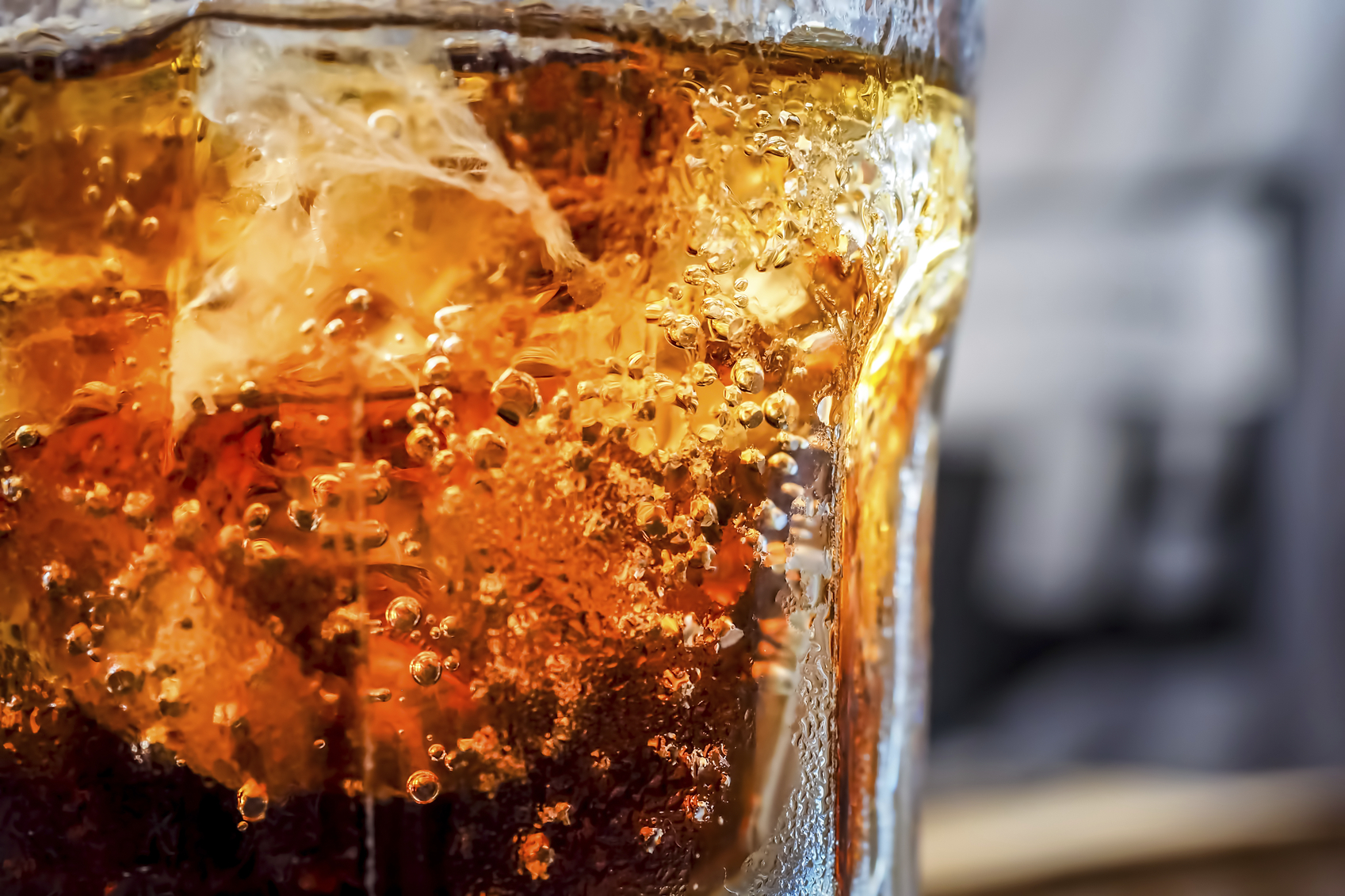Despite doubt-mongering by the Food and Beverage industry, a tax on sugary drinks would help counter childhood obesity and dental caries, writes University of Auckland professor of public health Boyd Swinburn, on the NZ Herald.
An excerpt (read in full):
A report by the New Zealand Institute of Economic Research (NZIER) concluded that a sugary drinks tax by itself would not significantly reduce obesity. This has fuelled the merchants of doubt who are opposed to including it in a multi-strategy approach to reduce our appallingly high rates of childhood obesity and dental caries.
The report drew the wrong conclusions because it dismissed the estimated changes of body weight as trivial when in fact, applied across the whole population, they are substantial. For example, an 800g reduction in weight from a 20 per cent tax would have an impact equivalent to halting the rise in population weight gain for three years.
Science historians Naomi Oreskes and Eric Conway coined the term Merchants of Doubt in their expose of how Big Tobacco and Big Oil paid scientists and conservative think-tanks to dispute the scientific evidence on tobacco harm and climate change. Doubt in the evidence was the “product” they were marketing to avoid government actions which might threaten big business profits.
A health levy on sugary drinks, with the money going to prevention, is the new target. As expected, Big Food and Beverage and business interest groups are the leading merchants of doubt but conservative politicians and economists steeped in last century’s economic theories are joining their ranks.
